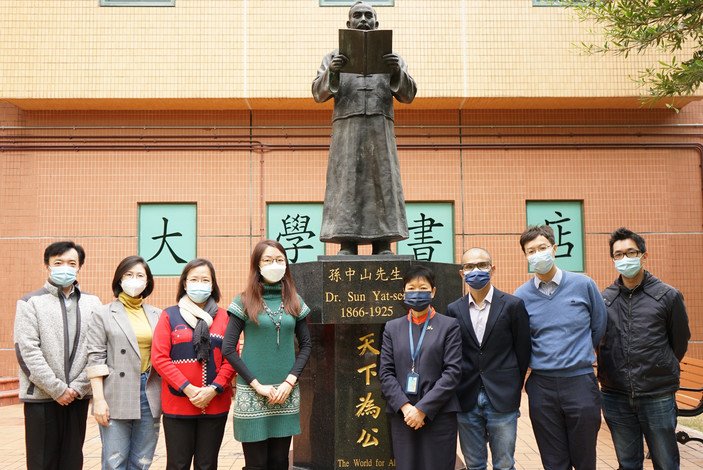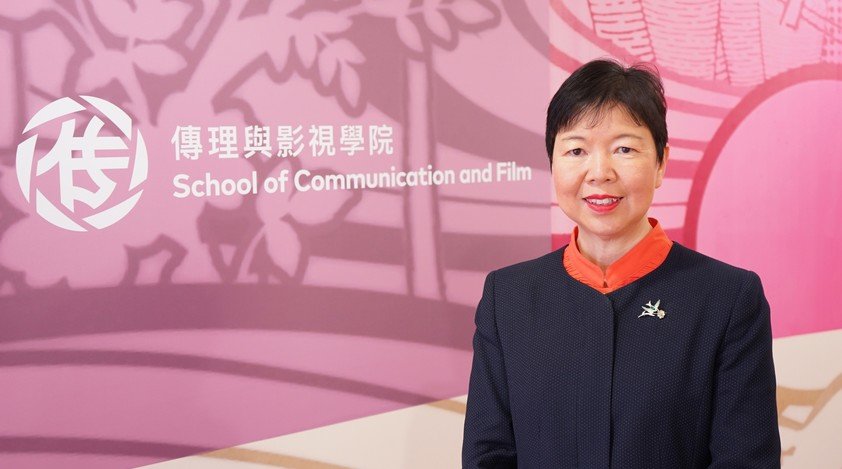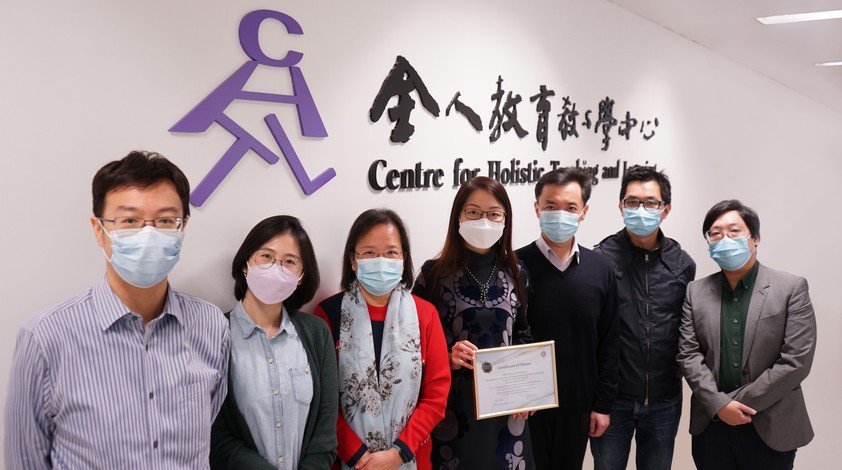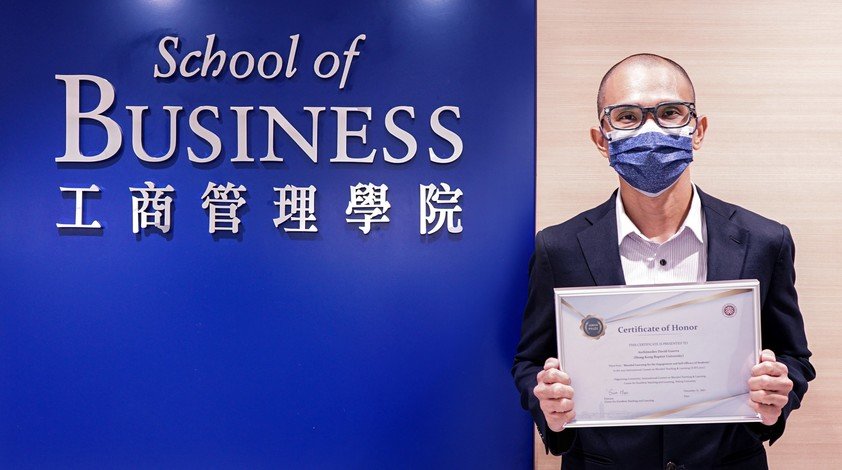Campus Digest
HKBU blended learning initiatives scoop awards in international contest
31 Jan 2022
The blended learning initiatives adopted by three different courses at HKBU were honoured with several awards in the 2021 International Contest on Blended Teaching and Learning organised by Peking University.
The interdisciplinary course Children as Consumers: Marketing to the Youth, initiated by Professor Kara Chan, Associate Dean (Teaching and Learning) of the School of Communication and Film, won the Grand Prize, the top award in the Contest. This course enables students to acquire empirical research skills involving children/youth. Students completed blended learning activities during class time, including interviewing, analysing qualitative data, creating teaching videos on the regulation of advertising involving children, and designing a social marketing campaign based on their own research insights. Deliverables included a conference paper, four teaching videos, and social campaign proposals that were shared with the Investor and Financial Education Council. The course materials were placed on the FutureLearn online platform.
The flipped classroom approach adopted in Teaching University Students, a mandatory course for research postgraduate students delivered by a teaching team led by Dr Theresa Kwong, Director of the Centre for Holistic Teaching and Learning, scooped the First Prize. The course aims to prepare research postgraduate students to undertake a role that involves teaching undergraduate students. Students are required to spend around two hours per week in the first three weeks learning at their own pace online before attending class. They also learn and interact with overseas students in online learning activities designed by the teaching team.
Dr Archimedes Guerra, Lecturer of the Department of Finance and Decision Sciences, secured the Third Prize with his application of the Blended Learning for the Engagement and Self-efficacy of Students (BLESS) strategy in his course Business Research Methods. He fosters student engagement through meaningful and more frequent interactions among students and teachers, both online and offline. BLESS also facilitates students to develop academic self-efficacy, and it helps them achieve higher levels of academic achievement.



